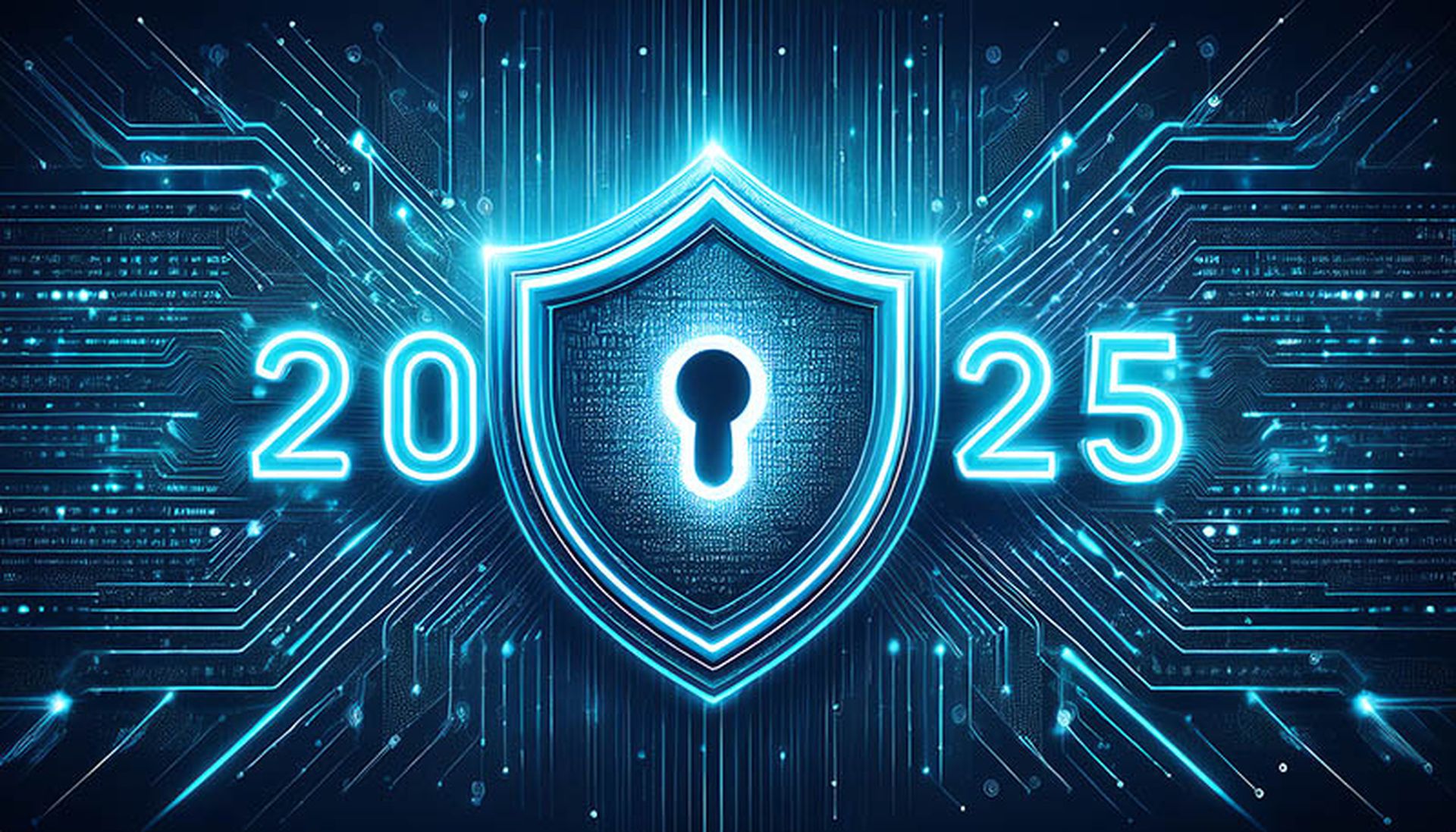I am not an expert on women in technology. I am an expert on technology. However I can say that for many of us, simply being female in technology often forces you to champion the cause. I have been asked to speak about women in technology at technical conferences (versus talking about technology at technical conferences) because the assumption is that being female, I would want to present on that issue.
When I evaluate potential jobs, I consider what impact that may have on the perception of women in technology, and when I get up to speak at conferences, I always have the nagging feeling that my performance on stage may directly impact people's perception of all women in tech since they don't see enough of us up there to have a broader view.
Whether I truly felt confident or not, I presented myself as very self-assured in almost every situation, which is different than many women, who are taught from an early age that being too confident, too self-assured, is unladylike. This self-assuredness leads to labels like “bossy,” and another one that starts with a “b” that SC Magazine won't print. The same characteristics encouraged in young men are often considered problematic in young women. Maybe this played a part in my experiences. Maybe not. I know confident women that still had a much harder time than I did.
Technology is competitive, and I've seen this industry chew up and spit out men who lacked this perceived level of confidence, too. I don't think that's the whole story, but it may play a part, and it's important to realize that being perceived as “tough” or “thick-skinned” often isn't enough, nor should it be required. Would you rather have the most self-assured employee or the most talented?
As discussions around diversity in tech come to the forefront, many groups have stepped up and made a concerted effort to cultivate more welcoming environments for the under-represented members of our communities. Some of the more “bro-tastic” tech communities have responded by beating their chests and demanding that women just “toughen up” and “get a sense of humor.” They imply that being more welcoming somehow weakens us, or that we're lowering the bar in order to accommodate people's feelings.
Here's the problem though: when we as an industry only make room for “tough” people, people who are willing to put up with sexist, racist, ageist, ableist and LGBTQ-phobic behavior, we pass up brilliant minds and incredible talent. Some of the smartest people I know are not people that would be described as alpha. When you pass them up because they're not exactly what you had in mind, you're the one losing out.
It's time to realize that diversity in technology matters because the most arrogant person in the room isn't always the most talented, and overlooking those people who don't fit our arbitrary notions of what “real” techies look like severely limits our talent pool. When done right, technology is intensely creative, and diverse communities thrive because of, not in spite of, the variety of experiences we all bring and the passions that drive us.
Limiting our choice of candidates is what truly weakens us. This isn't about holding hands and singing campfire songs, and it's not about filling quotas. This is about growing up and recognizing that when you want to hire people smarter than you, sometimes they're not going to look or act like you.
Alison Gianotto (aka snipe or @snipeyhead) is a chief technology officer, published author and international speaker.



